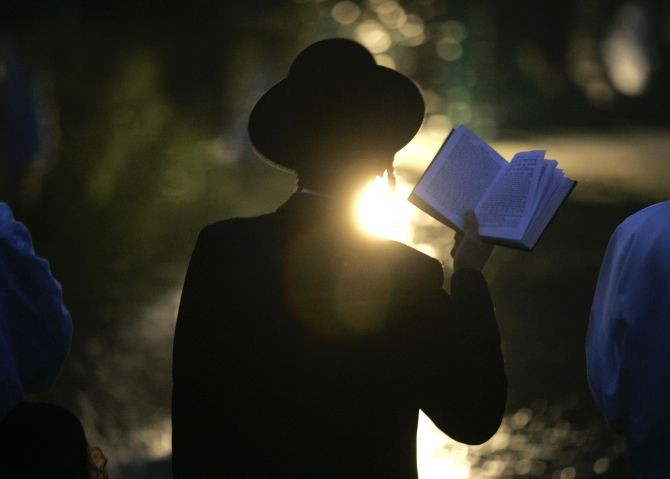On the Heels of Circumcision Controversies, Rabbis Call Emergency Meeting

On the heels of a court ruling in Germany that banned circumcision, rabbis have called an emergency meeting in Berlin to discuss the procedure according to The Associated Press.
The German regional court banned circumcision based on a case from Cologne. A doctor, at the behest of a Muslim boy’s parents, performed a circumcision on a four year old boy. But he soon developed health problems.
The judge said that circumcision on young boys – newborns and anyone under the age of consent – was a violation of their right to self-determination, and the “fundamental right of the child to bodily integrity outweighed the fundamental rights of the parents”. But to members of the Jewish and Muslim community, it is seen differently. Boys are circumcised in order to usher their entrance into the religious community. Many people view circumcision as central to their religious beliefs.
The Conference of European Rabbis will hold a meeting Tuesday to Thursday on the matter. Though there are no laws on the matter, the ruling could set a precedent in Germany and elsewhere.
The ruling has been met with heaps of scorn worldwide, most vocally from prominent members of the Jewish community. The Los Angeles-based Wiesenthal Center said last Thursday that the ruling would be a “stain” on contemporary Germany. They noted that infamous anti-Semitic dictator Adolf Hitler said in a famous rant that “conscience […] is a blemish like circumcision.”
The controversy surrounding circumcision goes beyond the German court ruling the procedure. CNN reports that in New York, the circumcision ritual known as “metzizah b’peh” practiced in some ultra-Orthodox homes has come under fire by New York City health officials. The ritual requires a rabbi to suck the blood from the circumcision incision to prevent infection. In reality, they say, 11 babies have contracted herpes from the procedure.
According to World Health Organization estimates, one in three men is circumcised. Though in most cases the procedure is done without incident, rates for complications range from 0.2 percent to 10 percent but one study had estimated complications as high as 55 percent.
Published by Medicaldaily.com



























